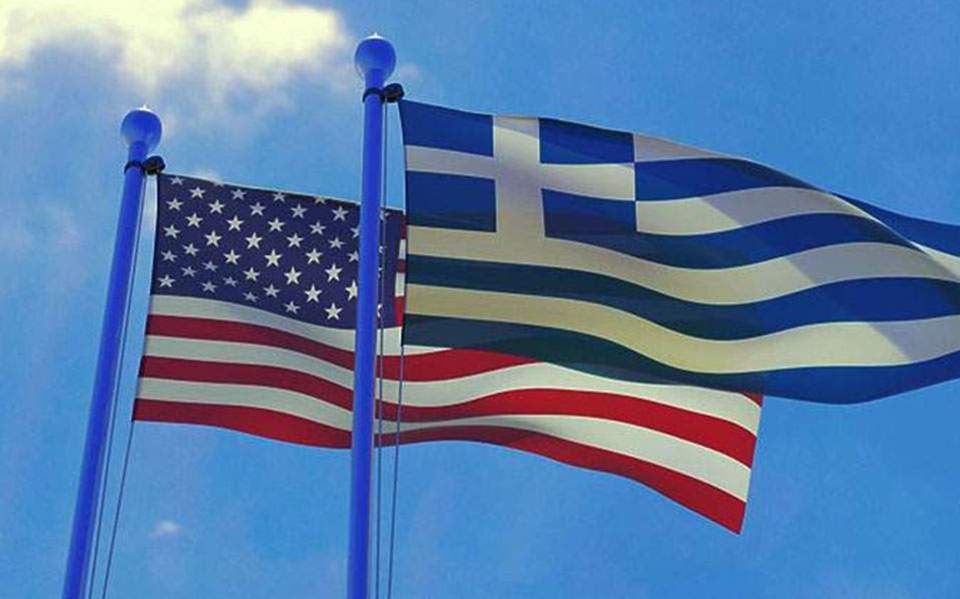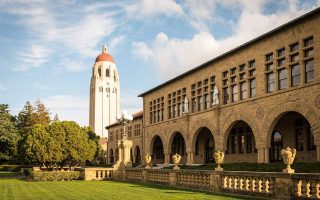The Greek diaspora

Every time I meet distinguished Greeks of the diaspora I feel a certain sadness. They love Greece and they keep it in their thoughts much more than some cynical permanent residents of the country.
They do not understand the modern Greek decline, whether it manifests itself in the tragic state of the country’s educational institutions or in the absolute prevalence of cronyism in many crucial sectors. Contrary to the prevailing notion that things cannot change, they firmly believe that “everything is possible as long as there is willingness and professionalism.”
It is moving and inspiring to see people whose grandparents or even great-grandparents were the ones who made the decision to leave Greece have such a keen interest in the country’s well-being. To see them make sure that young Greek-American students visit so as not to lose their ties to the old country.
However, the virus contaminating modern Greek life, whereby we mess things up with corruption, personal antagonisms and a lack of planning, has unfortunately also affected the diaspora. Excellent initiatives announced with fanfare have degenerated into social events with no substance. Instead of promoting entrepreneurship, as was the goal, they evolved into meaningless public relations.
The Hellenism of America is going through an unprecedented and structural crisis. The leadership void in the Church, along with scandals of mismanagement, have alienated dynamic Greek Americans. There are many people who want to get involved and help the Greek-American community to restore some of its past glory. But to do this we need initiatives and, most importantly, everyone – in Athens, in the Phanar and elsewhere – needs to understand that time is running out.
In crucial times in its history, Greece grew thanks to the political, economic and cultural power it derived from its diaspora. From the birth of the Greek state until the times of Prime Minister Eleftherios Venizelos and onward, its role has been crucial.
Of course, the gulf between the diaspora and Greek leaders has always been wide, ever since Greek War of Independence hero Alexandros Ypsilantis struggled to communicate with the Peloponnesian leaders. At the end of the day, however, the diaspora was the catalyst that drove Greece forward.
Today, we need it more than ever. We are a tired, aging country that has no compass, energy or inspiration. The diaspora could make the difference, as long as it can trust Greece to be a country of rules, ethos and vision. And, of course, we should never forget how important its role is when we have next to us an unpredictable, unstable neighbor. We should not remember it only when we need its help.





